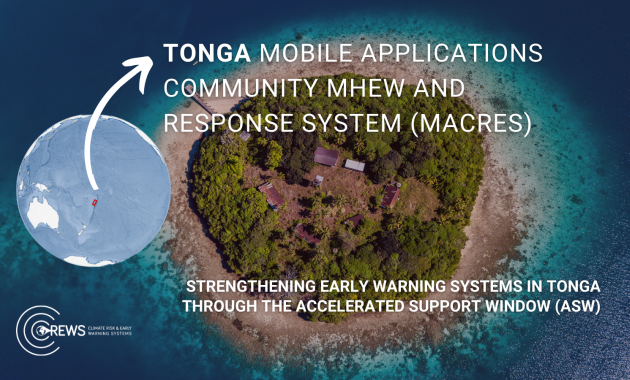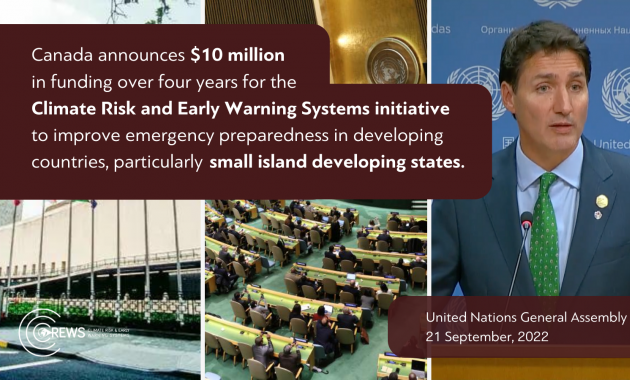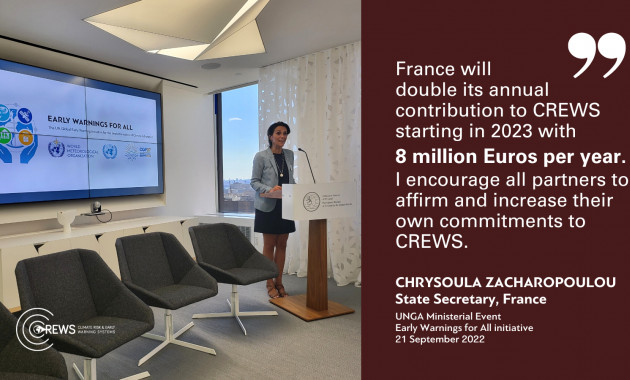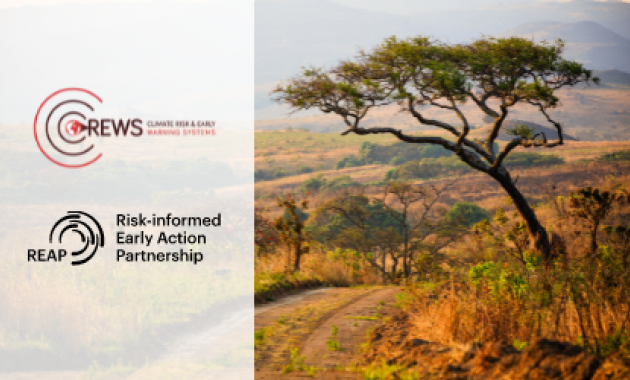The Honourable Allen Chastanet, Prime Minister of Saint Lucia and Quasi Cabinet Lead for Disaster Management, Climate Change and the Environment for CARICOM, signed the commitment statement on behalf of his Government. Signing on behalf of Cuba was Mr William F. Cedeno Centeno, Director General of the National Defense Staff and for the Government of the Dominican Republic, Mr. Carlos Paulino Cardenas, Director of the Centre of Emergency Operations.
The contribution of Prime Minister Allen Chastanet, signals the level of commitment for sustaining current efforts and moving towards the targets expressed in the regional and international frameworks for disaster risk reduction. In his address at the Opening Ceremony, Prime Minister Chastanet focused his observations on the importance of early warning systems, lessons learnt from past events and on the subject of procuring funds for sustaining the MHEWS.
“We know the Hurricane Season will happen and at some point a country will be impacted. This should be our early warning. We don’t continue to act like it is happening for the first time. It’s going to continue to repeat itself over and over again. The Caribbean possesses all the necessary skills and expertise required for the task of providing an effective and functional MHEWS for its people; it is left only to secure the necessary funding for implementing the best solution to the problem, which is resilience building”, said Prime Minister Chastanet.
The meeting also sought to chart a path for regional coordination on MHEWS with more than 50 participants from National Disaster Management Organisations, National Meteorological Services, National Red Cross Societies, Non-Governmental Organisations as well as regional, research, inter-governmental and United Nations organisations.
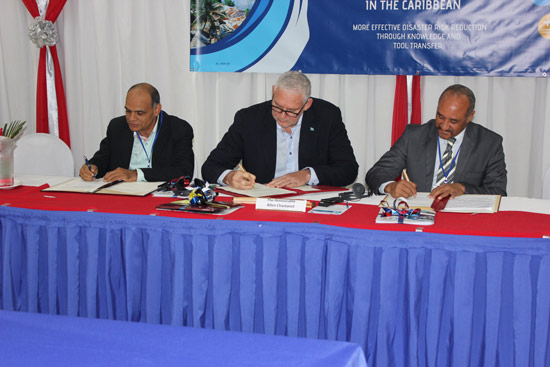
A high-level panel comprised of Prime Minister Allen Chastanet; Mr Ronald Jackson, Executive Director of CDEMA and Ms. Maritza Garcia, President of the Cuban Environmental Agency, looked at the policy implications emerging from the national gap analyses and roadmaps. In May 2018, the CDEMA Council of Ministers endorsed the Multi-hazard Early Warning Systems Checklist as a tool to be used by the CDEMA System to capture EWS achievements and gaps. They also endorsed the process of utilizing this information to develop a national MHEWS roadmap to provide direction.
The one-day event featured an official opening ceremony and a handover of key project results celebrating the progress made under the Project ‘Strengthen integrated early warning systems for more effective disaster risk reduction in the Caribbean through knowledge and tool transfer’ both as project achievements and progress towards achieving the outcomes of the regional and global frameworks for disaster risk reduction. The event also included two other panels related to technical advancement of EWS and cooperation among Project partners of the 2019 European Commission Humanitarian Aid and Civil Protection Department (ECHO) Humanitarian Implementation Plan respectively; and one working group session on the validation and identification of additional coordination actions to be advanced by the Regional EWS Consortium (REWSC) which met on 31st January, 2019.
The efforts of the six beneficiary countries; Antigua and Barbuda, Cuba, Commonwealth of Dominica, Dominican Republic, Saint Lucia and Saint Vincent and the Grenadines, were also acknowledged as well as the support of Cuba to the five countries through south-south cooperation, celebrated and promoted as a good practice for knowledge and tool transfer.
The Multi-Hazard Early Warning Systems initiative in the Caribbean is possible due to the continuous technical and financial support offered through the European Union, via the European Commission Humanitarian Aid and Civil Protection Department (ECHO), which has been providing support to Caribbean communities for over the last 20 years. Implementing partners of the initiative include the United Nations Development Programme (UNDP), the Caribbean Disaster Emergency Management Agency (CDEMA) and the International Federation of Red Cross and Red Crescent Societies (IFRC).

